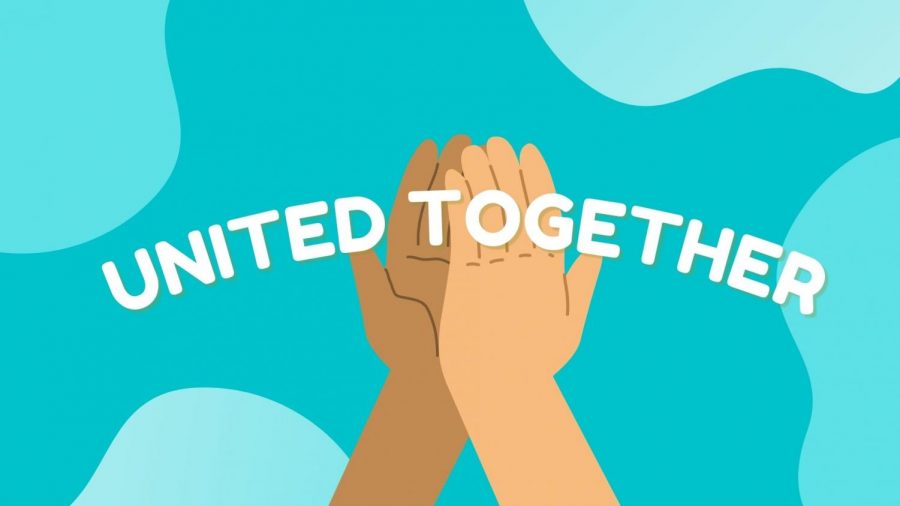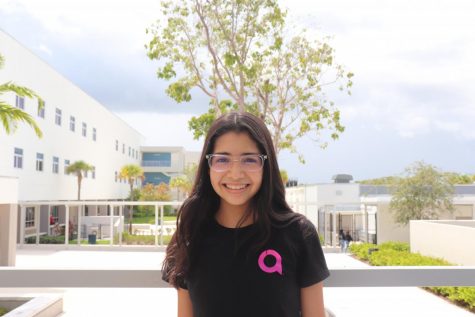United Together: Disney’s Encanto and the Importance of Hispanic Representation
January 27, 2022
Watching “Encanto” for the first time, I was unsure what to expect. Growing up, I had often joked that Kuzco from the “Emperor’s New Groove” was my Disney princess; I felt like Cinderella and Sleeping Beauty would never fit the bill. Even with the introduction of Latin-inspired shows such as “Sofia the First” and “Elena of Avalor” during my middle school years, I felt like Disney’s efforts were simply too little, too late. With the movies “The Book of Life” and “Coco,” I could appreciate the celebration of Hispanic culture and strong family values, yet as a non-Mexican, I could not relate to the films’ Dia de Los Muertos-centered storylines. My Disney “princess” was still nowhere to be found. That is, until the release of “Encanto.”

I can truly see myself in the characters who grace the screen in “Encanto.” Seeing Mirabel’s tanned skin, big nose and glasses on the big screen helped prove to my inner child that those who look like me are beautiful too. I am ecstatic that my little sister gets to grow up with the representation and reassurance that my childhood lacked. (Telling little Hispanic girls that they look like Dora is not the compliment one thinks it is.) I see myself in Luisa’s anxiety to be the strongest sister and serve as the glue that holds her family together. I see myself in Isabel’s determination to attain perfection. I see myself in Dolores’s self-sacrificing nature. I see myself in Pepa’s tendency to wear her heart on her sleeve. I see myself in Abuela’s overprotectiveness and propensity to care too much. The Madrigal family’s experiences and traits are representative of mine in a way other characters are not.
There is a special burden shared by eldest Hispanic daughters, a burden recognized by the song “Surface Pressure,” one of the many hits featured in the film’s soundtrack. The line, “I’m pretty sure I’m worthless if I can’t be of service,” hits particularly hard, as I am a person who often overextends herself to be giving and helpful. Without these traits, I relate to Luisa’s struggle to define herself in a way that isn’t based on what she can do for others. My favorite verse in the song is, “Give it to your sister, your sister’s stronger/See if she can hang on a little longer/Who am I if I can’t carry it all?” as that was the point in the song where I felt my struggles were truly heard and understood. Eldest daughters must gracefully carry the weight of expectation and do the emotional labor of being good role models and listeners for all those around them. I don’t think I’ve cried as much in reaction to a song (besides the first time I watched “In the Heights”) as I did when I heard “Breathe” and related to Nina’s self-imposed pressure to succeed for her family.
Disney’s “Encanto” marks a milestone for Latinos everywhere. In this movie, my people can see themselves represented in the kaleidoscope of characters depicting people of different ethnicities and experiences. “Encanto” delves deep into the struggles of immigration, matriarchy and the generational trauma that is oh-so-common to Latino families. It pushes audiences to confront their own family’s faults and forge their own paths of healing.








